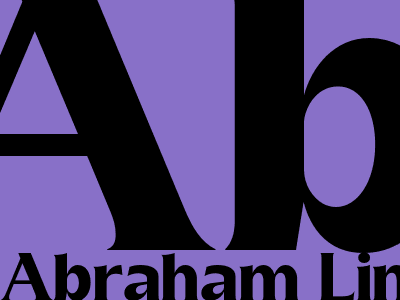
The Gettysburg Address: A Turning Point in American History
An Address that Changed the Course of a Nation
Delivered on November 19, 1863, at the dedication of the Soldiers' National Cemetery in Gettysburg, Pennsylvania, the Gettysburg Address is considered one of the most important speeches in American history. Abraham Lincoln's eloquent and powerful words not only honored the fallen soldiers of the Battle of Gettysburg but also redefined the purpose of the Civil War and the meaning of American democracy.
The Context of the Gettysburg Address
The Battle of Gettysburg
The Battle of Gettysburg, fought from July 1-3, 1863, was a crucial turning point in the American Civil War. Union forces under General George Meade defeated Confederate forces under General Robert E. Lee, effectively ending Lee's invasion of the North and marking the beginning of the end of the Confederacy.
Lincoln's Purpose
President Lincoln was invited to dedicate the cemetery at Gettysburg four and a half months after the battle. He used the occasion to deliver a brief but profound speech that would reshape the nation's understanding of the war and its goals. Lincoln's words aimed to inspire hope, unity, and a renewed commitment to the principles of freedom and equality.
The Content of the Gettysburg Address
A Call to Remembrance
Lincoln began his address by invoking the Declaration of Independence, reminding his audience of the nation's founding principles of "life, liberty, and the pursuit of happiness." He then honored the soldiers who had "consecrated" the battlefield with their lives, calling on Americans to remember their sacrifice.
A Redefinition of the War
Lincoln went on to redefine the purpose of the Civil War. He declared that it was not simply a conflict between North and South, but a struggle to preserve the Union and ensure that "government of the people, by the people, for the people, shall not perish from this earth."
A Vision of the Future
In the closing lines of his address, Lincoln expressed his hope for a future of peace and unity. He called for a "new birth of freedom" and urged Americans to work together to create a nation where all citizens are treated equally under the law.
The Impact of the Gettysburg Address
Immediate Response
The Gettysburg Address was met with mixed reactions at the time. Some praised Lincoln's eloquence and the power of his message, while others criticized him for being too idealistic. However, the speech quickly gained recognition as a masterpiece of American oratory.
Long-Term Legacy
The Gettysburg Address has had a profound and lasting impact on American history. It has been studied and quoted by countless Americans, and its words continue to inspire and motivate people today. The speech is widely considered to be one of the greatest speeches ever delivered by an American president, and it remains a testament to Lincoln's leadership and the enduring power of his words.